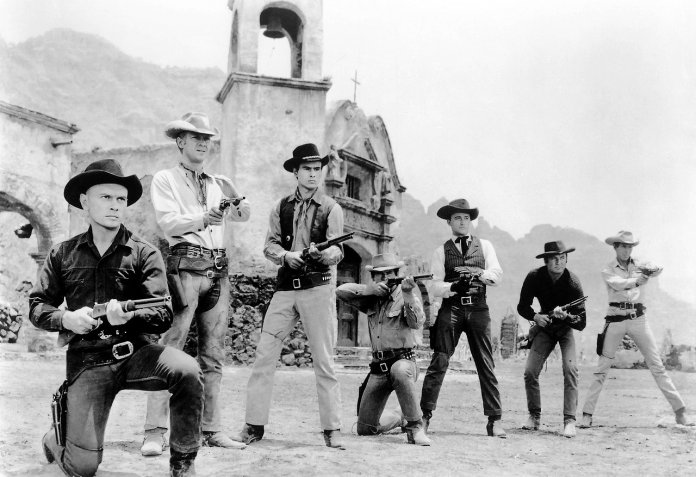Of the seven Church of England diocesan bishops who have just dissented from their House of Bishops’ commendation of services of blessing for same-sex couples, four voted for the Prayers of Love and Faith at February’s General Synod.
The Bishop of Rochester, Jonathan Gibbs; the Bishop of Chichester, Martin Warner; the Bishop of Hereford, Richard Jackson; and the Bishop of Sheffield, Pete Wilcox, voted for the motion which looked forward ‘to the House of Bishops further refining, commending and issuing the Prayers of Love and Faith’.
The Bishop of Blackburn, Philip North, abstained. Just two of the diocesans in the group, the Bishop of Southwell and Nottingham, Paul Williams, and the Bishop of Guildford, Andrew Watson, voted against the motion in February.
However, the statement by the 12 dissenting bishops, including five suffragans (among them the conservative evangelical Bishop of Ebbsfleet, Rob Munro), issued on October 12 via Premier Christianity, was remarkable for its robustness:
‘On Monday (October 9) the House of Bishops reached a decisive point in the journey discerning how to proceed in relation to Living in Love and Faith. We have participated in good faith in attempts to find consensus but were unable to support the decisions taken on Monday. There was deep disagreement within the House. Sharing the profound concerns of many in the Church of England and in the wider Communion, with heavy hearts we find it necessary to dissent publicly from the decisions of the House.’
The dissidents welcomed ‘the fact that the House recognised the need for General Synod to exercise its legitimate responsibilities in relation to liturgy and doctrine under Canon B2’.
But they said ‘the decision to commend the suite of prayers for use in public services bypasses those procedures and does not permit the General Synod to consider the full significance of the prayers’.
They stated that the House of Bishops’ statement on Monday left Synod unable to ‘determine whether the bishops have fulfilled their intention (supported in February) that the final form of the prayers should not be “indicative of a departure from the doctrine of the Church of England”.
‘Indeed, legal and theological advice the House has received suggests clearly to us that the decisions of the House may fall short of this commitment,’ they argued.
Welcoming the dissenting bishops’ statement, the national director of The Church of England Evangelical Council (CEEC), Canon John Dunnett, pointed out that ‘it is not very often that bishops from the House of Bishops express their dis-ease at something being proposed by the rest of the House’.
He also observed about the dissidents’ statement: ‘This letter is saying that how the House of Bishops makes decisions matters as well as the decisions made. One of the things we’ve been talking about for several years in the Church of England is the need to “pay attention to power”. There must be proper and fit use of power, not misuse and abuse of power. I wonder if there’s a hint here that good process in respect of the use of power has not always been at the top of the agenda.’
According to the Church House, Westminster, press release, the new services are due to go to General Synod for approval, after consultation in dioceses, under Canon B2 in 2025. Under that Canon, the same-sex blessings would require a two-thirds majority in each House of Synod – bishops, clergy and laity.
Unfortunately, the seven dissenting diocesan bishops, with the three elected suffragans able to vote in the House of Bishops (Bishop of Lancaster, Jill Duff; Bishop of Islington, Ric Thorpe; and Bishop of Beverley, Stephen Race), are not a large enough group to prevent a two thirds majority. Unless there are major defections from the Prayers of Love and Faith in the 53-member House of Bishops, the new services would cruise through it in 2025.
But it looks as if the dissenters are prepared to ride into the village and organise some kind of resistance, if it is possible to draw an analogy between these bishops and the characters in the 1960 classic Western, The Magnificent Seven.
The dissenters may not form a politically powerful group in the House of Bishops and four of the seven diocesans have some explaining to do in terms of why they voted for the commendation of the Prayers of Love and Faith, which has now been announced. But biblically-orthodox Anglicans in Britain and around the world may well be asking themselves what the sovereign Lord might have purposed to do with this rather brave bunch of episcopal desperadoes.
Julian Mann is a former Church of England vicar, now an evangelical journalist based in the UK.




[…] by as large a margin as the motion in February when only four bishops voted against it. In October seven diocesan bishops, four of whom voted for same-sex blessings in February, came out against pushing ahead with the […]
[…] by as large a margin as the motion in February when only four bishops voted against it. In October seven diocesan bishops, four of whom voted for same-sex blessings in February, came out against pushing ahead with the […]
[…] by as large a margin as the motion in February when only four bishops voted against it. In October seven diocesan bishops, four of whom voted for same-sex blessings in February, came out against pushing ahead with the […]
[…] by as large a margin as the motion in February when only four bishops voted against it. In October seven diocesan bishops, four of whom voted for same-sex blessings in February, came out against pushing ahead with the […]